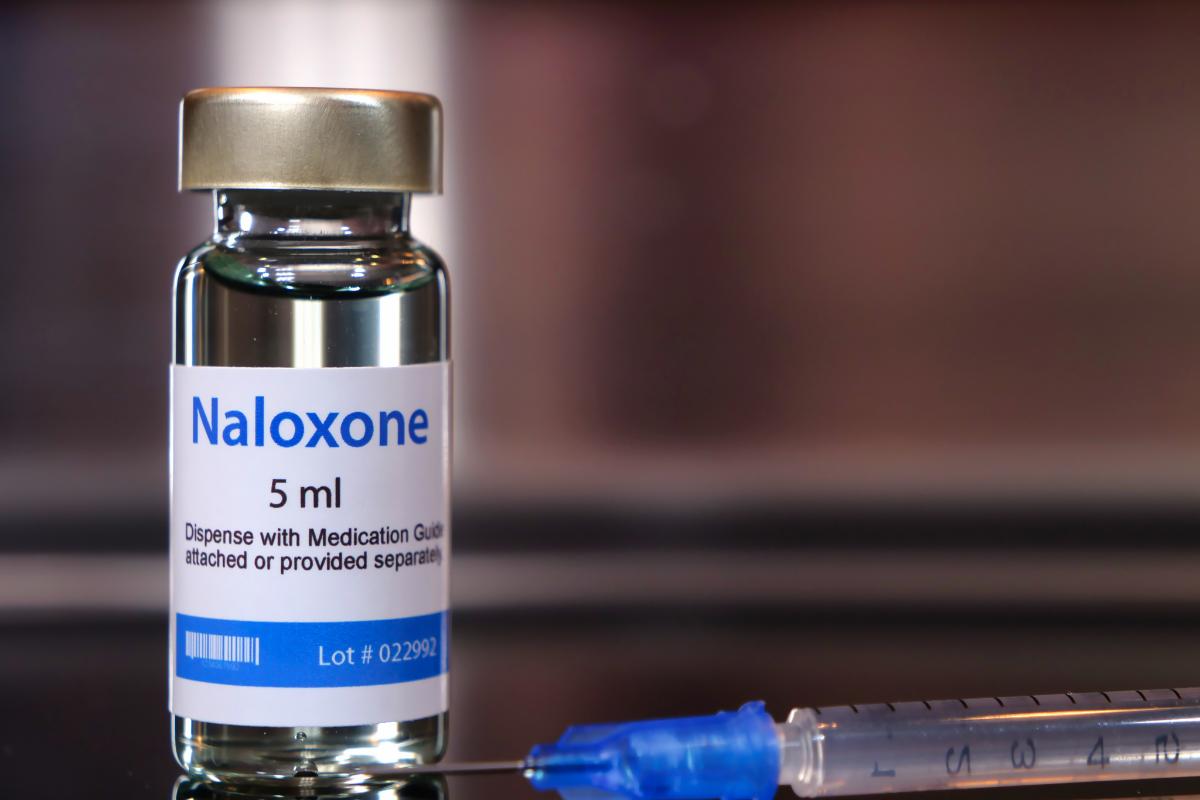If you’re looking for a comprehensive, integrated approach to opioid addiction treatment, Colorado Medication Assisted Treatment (CMAR) is the place to start. At CMAR, we specialize in providing an array of evidence-based treatments and therapies that are tailored to the unique needs of each patient. We understand that addiction is complex and that recovery requires a holistic approach that takes into consideration all aspects of an individual’s life. That’s why our approach is centered around integrated care for opioid addiction—a combination of multiple services designed to treat a single condition.
Opioid addiction treatment can help you or your loved one achieve lasting recovery, and our integrated approach provides a way to do just that. Reach out to our team at 833.448.0127 today to learn more about opioid addiction treatment and to get started on your journey to recovery.
What Is Integrated Care for Opioid Addiction?
Integrated care is the practice of combining multiple services—including but not limited to medication management, behavioral health counseling, social services, spiritual guidance, and creative therapies—to treat a single condition. In terms of opioid addiction treatment specifically, this means treating:
- Co-occurring mental health conditions such as depression or anxiety
- Family dysfunction
- Relational issues with friends or romantic partners
- Social problems such as housing instability or economic hardship
- Legal assistance for those who need help navigating the criminal justice system
- Professional support for individuals looking to get back into the workforce
- Educational resources for those seeking job training or higher education opportunities
Whether you’re looking for opioid addiction treatment for yourself or a loved one, integrated care offers a comprehensive solution.
The Benefits of Integrated Opioid Addiction Treatment
Integrated care has been proven effective in treating opioid addiction because it offers a comprehensive approach that addresses all aspects of an individual’s life, not just their drug use.
Seven of the major benefits of opioid addiction treatment through integrated care include:
- Addressing the underlying causes of addiction – If opioid addiction is a symptom of an underlying mental health or social issue, integrated care can provide the necessary support to address those issues.
- Better continuity of care – By combining services, integrated opioid addiction treatment ensures seamless transition from one form of care to the next.
- Reduces stigma – By addressing opioid addiction in a comprehensive and compassionate manner, integrated care helps to reduce the stigma surrounding this condition.
- Improved patient outcomes – Patients who receive integrated opioid addiction treatment have better outcomes than those who don’t.
Integrated opioid addiction treatment is the most effective way to help patients achieve lasting recovery, and accessing that care is easier than ever before. To get started, reach out to our team at Colorado Medication Assisted Treatment today.
Get Started on the Journey to Recovery at CMAR
At Colorado Medication Assisted Treatment, our goal is simple: provide our patients with expertly-crafted integrated care plans tailored specifically to meet their needs. Opioid addiction may have taken a lot from you, but it doesn’t have to take everything. With the help of our dedicated professionals and supportive community, opioid addiction treatment can help you or your loved one reclaim the joy and hope of life.
Our team consists of highly trained medical professionals who specialize in treating opioid use disorder through evidence-based treatments such as medication management and counseling sessions. We go above and beyond traditional treatment approaches by offering case management services and additional resources all designed to help foster long-term recovery from opioid addiction while improving overall well-being. If you’re ready to take control over your life again, contact with the CMAR team today by calling 833.448.0127 or connect with us online.



















